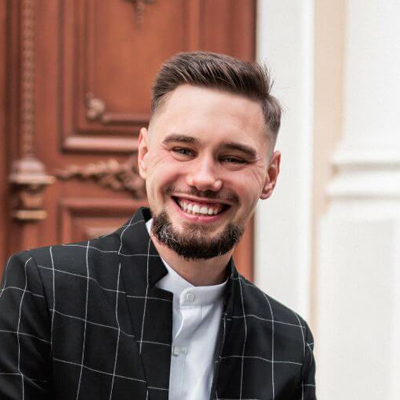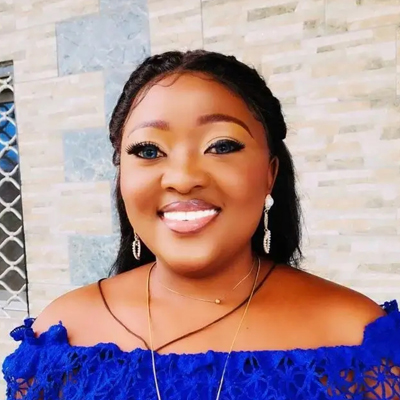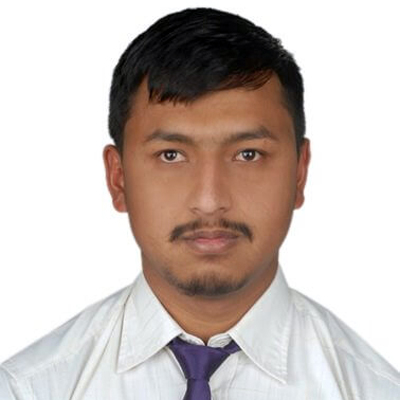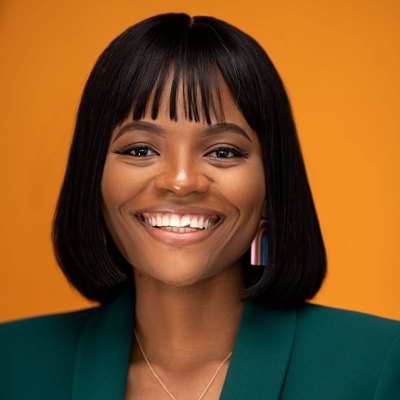We interviewed four GPE youth leaders ahead of the annual gathering of world leaders and development actors in New York this week for the UN General Assembly. We asked them what they see as priorities, especially for global education, that UNGA participants should keep in mind and that they are raising this week during their engagements.

Oleksii Druz, Ukraine
Forced to flee to Romania as a result of the war in Ukraine, Oleksii works with the National Youth Foundation in Romania. He serves as youth project coordinator to identify Ukrainian youth in local communities and design and deliver projects that meet their needs with a main focus on education.

Ngimou Nchokuno, Cameroon
Founder of a school club called Development Fighters, coached by Women for a Change, Cameroon in 2014, she is part of many movements, such as Nala Feminist Collective. She loves sports as a means to promote quality education.

Nir Shrestha, Nepal
An inclusive development enthusiast and a youth with disability rights campaigner, Nir has been advocating for disability rights, particularly inclusive and quality education for children with disabilities, and has worked as a consultant on several inclusive education projects.

Temilade Salami, Nigeria
Founder and executive director of EcoWarriors, she has spent the past five years leading a group of over 200 young environmentalists across 26 African countries. She also launched the Climate Education Leaders Fellowship in Africa. She is a member of the UNESCO SDG4Youth network.
